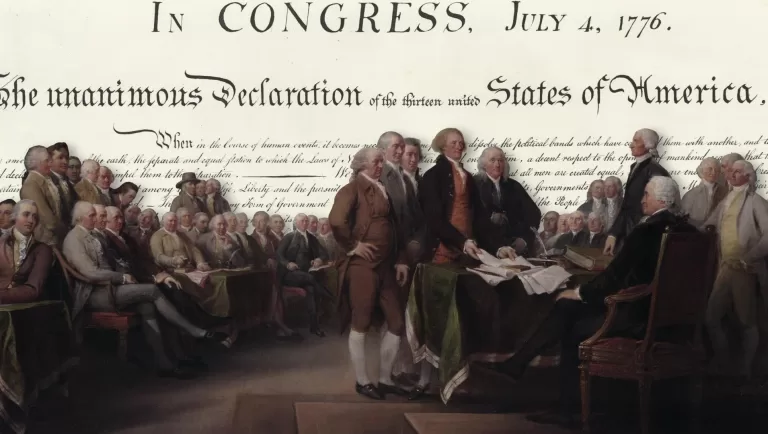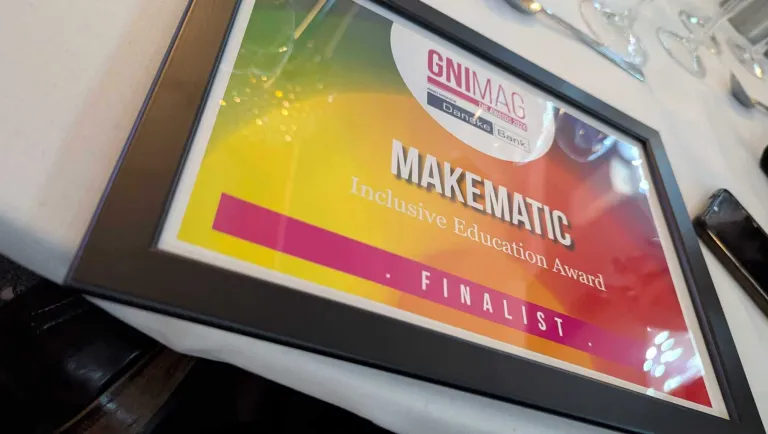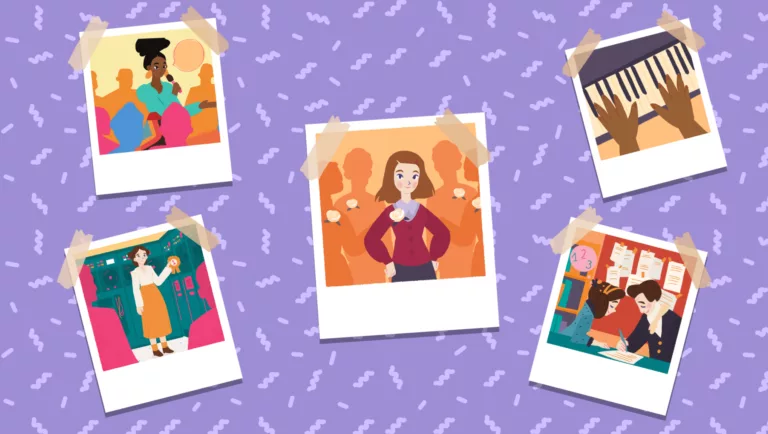
Teaching Key 21st Century Skills In Every Classroom
Research by The Sutton Trust found that 94% of employers, 97% of teachers and 88% of young people regarded ‘life skills’ as being at least as important as academic grades to future success. These life skills include what we commonly refer to as the 4Cs - communication, collaboration, critical thinking, and creativity.
Developing these key 21st-century skills is an ongoing process and mastery takes many years to achieve. Research has shown that two things can really help these skills - explicit teaching of these skills and extra-curricular activities. Whilst we can’t help with extra-curricular, we can help educators develop these skills to be explicitly teaching them in the classes.
That is why we worked with Participate to develop the series - The 4Cs. Part professional development part classroom resource, the series will help educators:
- Understand how to teach these skills in their classes on a daily basis,
- Understand how these skills are used in the workplace
- Better prepare lessons to develop these skills with those they teach.
What’s Included?
Educator Professional Development
Series 1 - What are the 4Cs?
8 live-action videos with educators explaining what the 4Cs are and how to teach them in every classroom.
4 educator podcasts case studies where educators talk about how they have implemented the 4Cs into their everyday teaching practice.

Series 2 - In the workplace
4 live-action videos with people talking about what the 4Cs look like in the workplace.

Student Facing Resources
Series 3 and 4 can be used in so many ways. They can be used as whole class activities or as part of a blended or flipped learning experience. Whilst series 3 and 4 have been created as standalone resources, they can be used as a sequence.
Here's an example:
You've decided that you want to develop your student's creative thinking skills by introducing them to lateral thinking
You can engage your students with the skill by watching How To Be More Creative With Lateral Thinking from series 3. Following watching and discussing the contents of the video, as a class or on their own, students could develop this skill by completing any of the following activities from series 4:
- Questioning basic assumptions
- Rebus puzzles
- Recognising patterns
- The alternative uses test
- The elevator problem
Series 3 - How can …?
12 animated explainer videos that give the audience an understanding of how and why each of the skills can be developed by focusing on different sub-skills of each of the Cs.
| Communication and Collaboration | Critical Thinking and Creativity |
| Giving and Receiving Feedback Understanding Body Language Social Skills Listening Skills Creating clear messages Email etiquette | Multiple Perspectives Being Opening minded Analysing arguments Ideation Divergent Thinking Lateral Thinking |

Series 4 - Activities
12 animations designed for individuals to develop skills on their own. These can be used in a classroom as a whole class, as part of a blended or flipped classroom methodology.
| Communication and Collaboration | Critical Thinking and Creativity |
| Improving concentration Mic expressions Are you a good listener? Funnelling questings technique Relaxation for public speaking The subject line pitch | Questioning basic assumptions Rebus puzzles Recognising patterns Brainstorming on your own The alternative uses test The elevator problem |

Access the entire series here.
Let's Work together


Makematic Finalists in Inclusive Education Award

